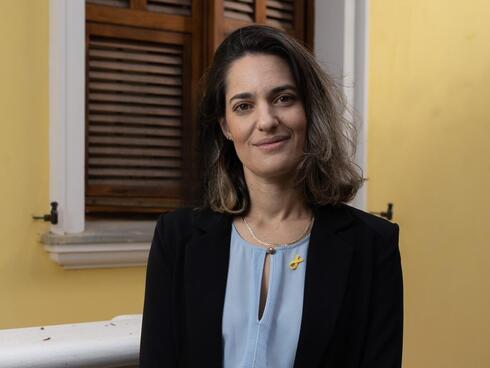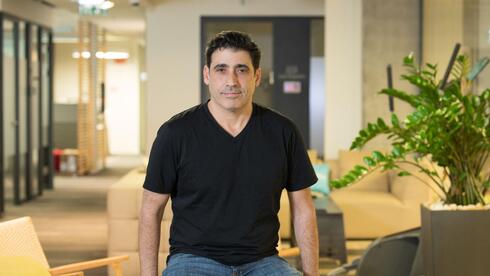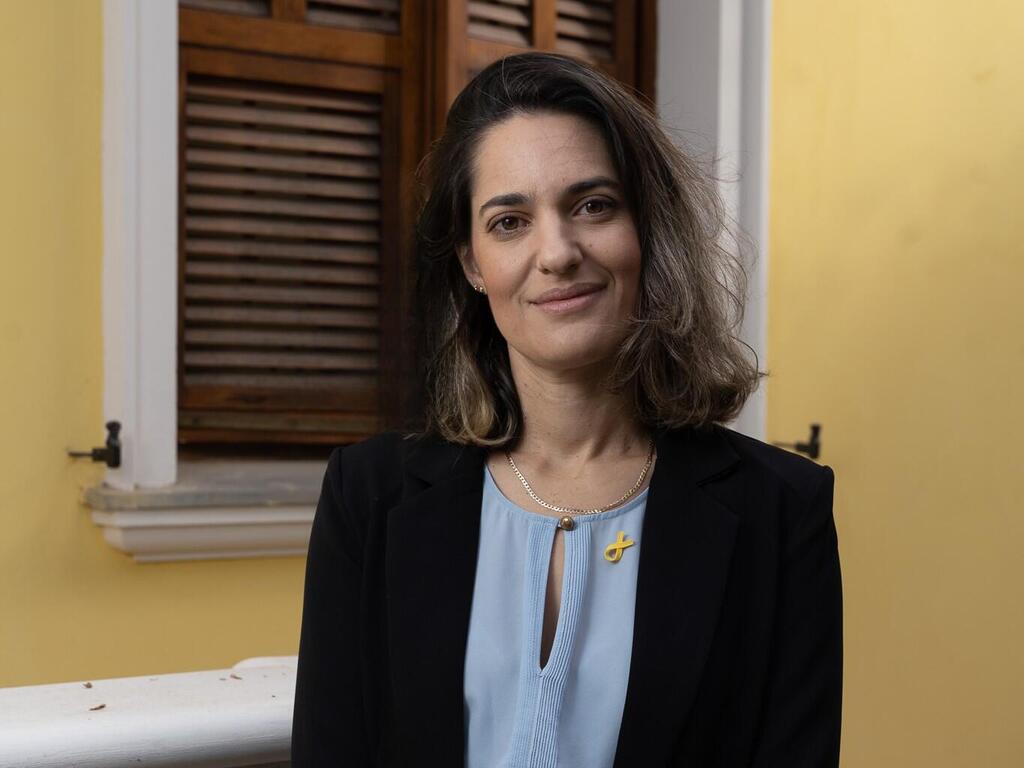
Opinion
Israel’s AI dilemma: Strategy or blind alignment?
As global AI regulation takes shape, Israel’s decision to forgo the Paris declaration raises questions about policy—or the lack of one.
The global AI race has long transcended the boundaries of technology. It reflects a deeper geopolitical struggle, drawing lines between East and West, with technological leadership at its core in an era where the AI revolution is expected to bring profound changes across the globe and in all aspects of life.
This was clearly demonstrated at last week's Global AI Summit in Paris, where over 60 nations signed a joint declaration, outlining principles for ethical and responsible AI development - emphasizing public interest, international cooperation, and reducing digital divides. The UK and US, choosing not to sign the declaration, exposed the deep tension between two opposing worldviews. On one side stands the European approach, anchored in the AI Act framework, advocating strict oversight of technology development and implementation. On the other, the American approach emphasizes innovation and regulatory flexibility, driven by concerns, as Vice President Vance expressed, that "excessive regulation of the AI sector could kill a transformative industry as it’s taking off”, This gap is expected to widen under President Trump's administration, which has already declared its intention to promote an "AI First" policy that decisively favors innovation and growth over regulatory constraints.
What remained outside global headlines is Israel's joining of the "non-signers" camp, raising several fundamental questions: Does the decision stem from national interest, or does it reflect alignment with its "big sister", the United States? And is this part of a broader strategic plan, or one that indicates the absence of coherent government policy?
Examining reality offers a complex answer to these questions. Israel is characterized by an innovation-encouraging culture and enabling policies that contributed to its global reputation as the "Start-Up Nation." This perspective suggests the non-signing aligns with Israel's approach of seeing high-tech as a central economic growth engine, explaining the natural tendency toward regulatory flexibility in AI.
However, while for the US non-signing reflects a clear strategic stance, given past actions, suspicion arises that Israel is merely aligning itself with American policy rather than making a tactical decision guided by an AI strategy. This discrepancy is reflected in the concerning trend observed in the Tortoise Global AI Index, where Israel has dropped from fifth to ninth place - mainly due to low scores in government strategy parameters, lagging far behind global leaders.
Either way, the real challenge facing Israel is far greater than the question of signing the Paris declaration. In the long term, the absence of a clear framework could harm Israeli companies' competitive ability in the global arena and hinder AI technology adoption in the public sector, precisely when they're needed to address growing social and economic challenges.
Amid the AI revolution, regulatory flexibility cannot stand alone. Israel must develop a comprehensive and clear national strategy. One that includes strategic thinking about the global AI supply chain - from ensuring access to chips and critical computing equipment to cybersecurity - alongside developing and adapting essential local infrastructure for computing, data, academia, and human capital. In line with this comprehensive strategy, the optimal regulatory framework must also be determined, through thoughtful examination of existing international models and their adaptation to local needs.
Without such a strategic approach, even if Israel de facto embraces regulatory flexibility that fosters innovation, Israel might find itself playing in the second league of our era's greatest technological revolution.
Idit Zamir-Yaffe is the Head of Artificial Intelligence at RISE Israel Institute.















